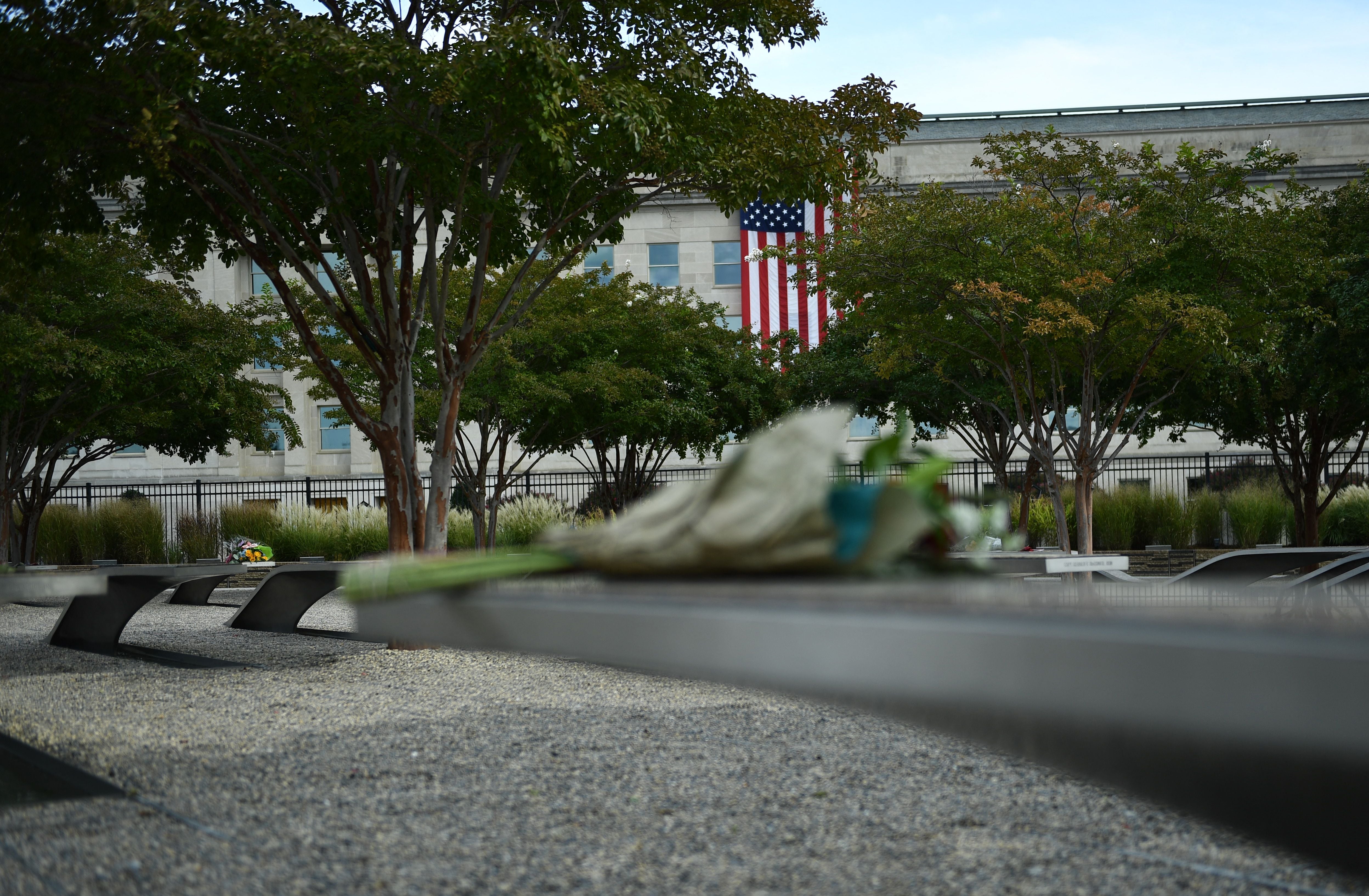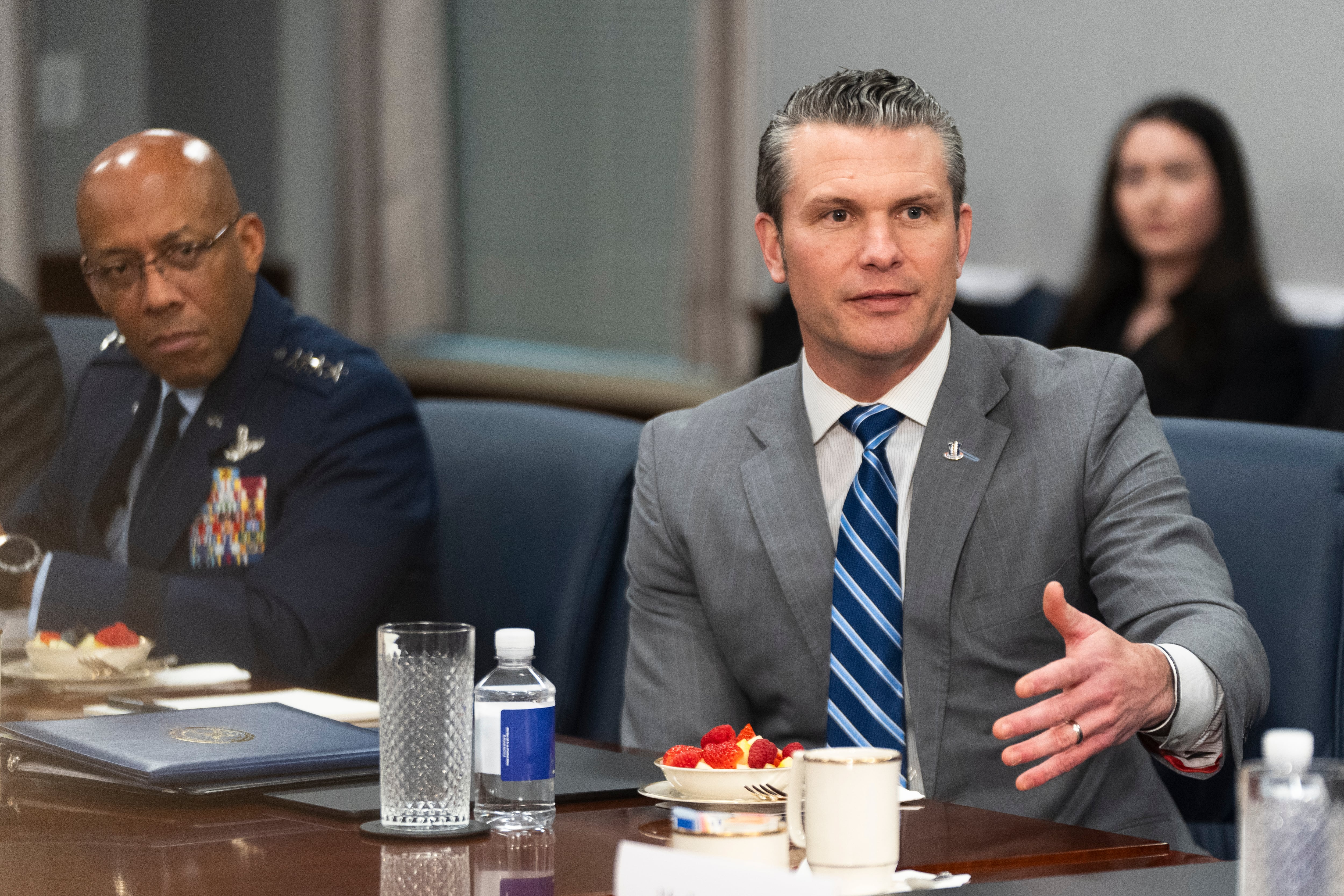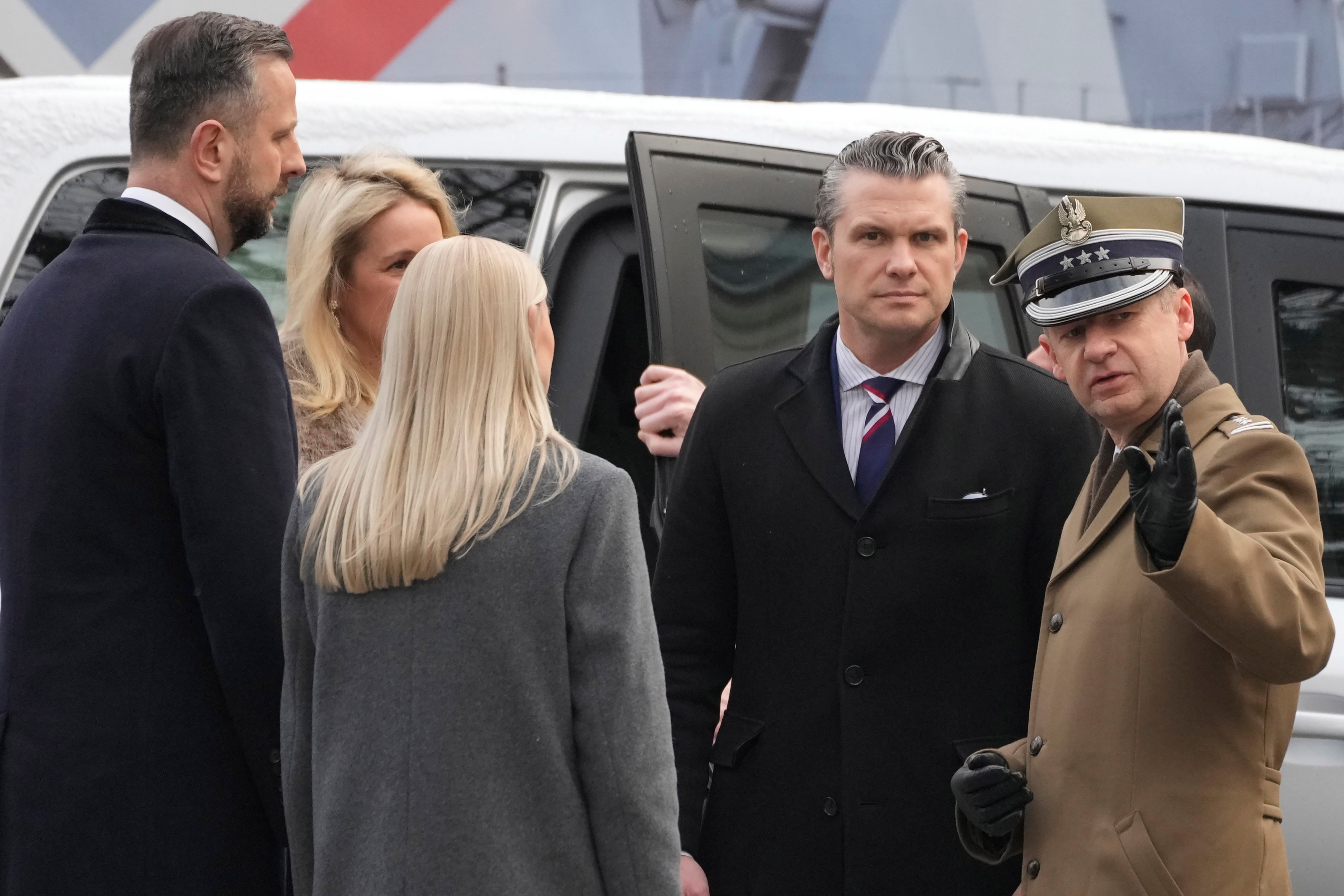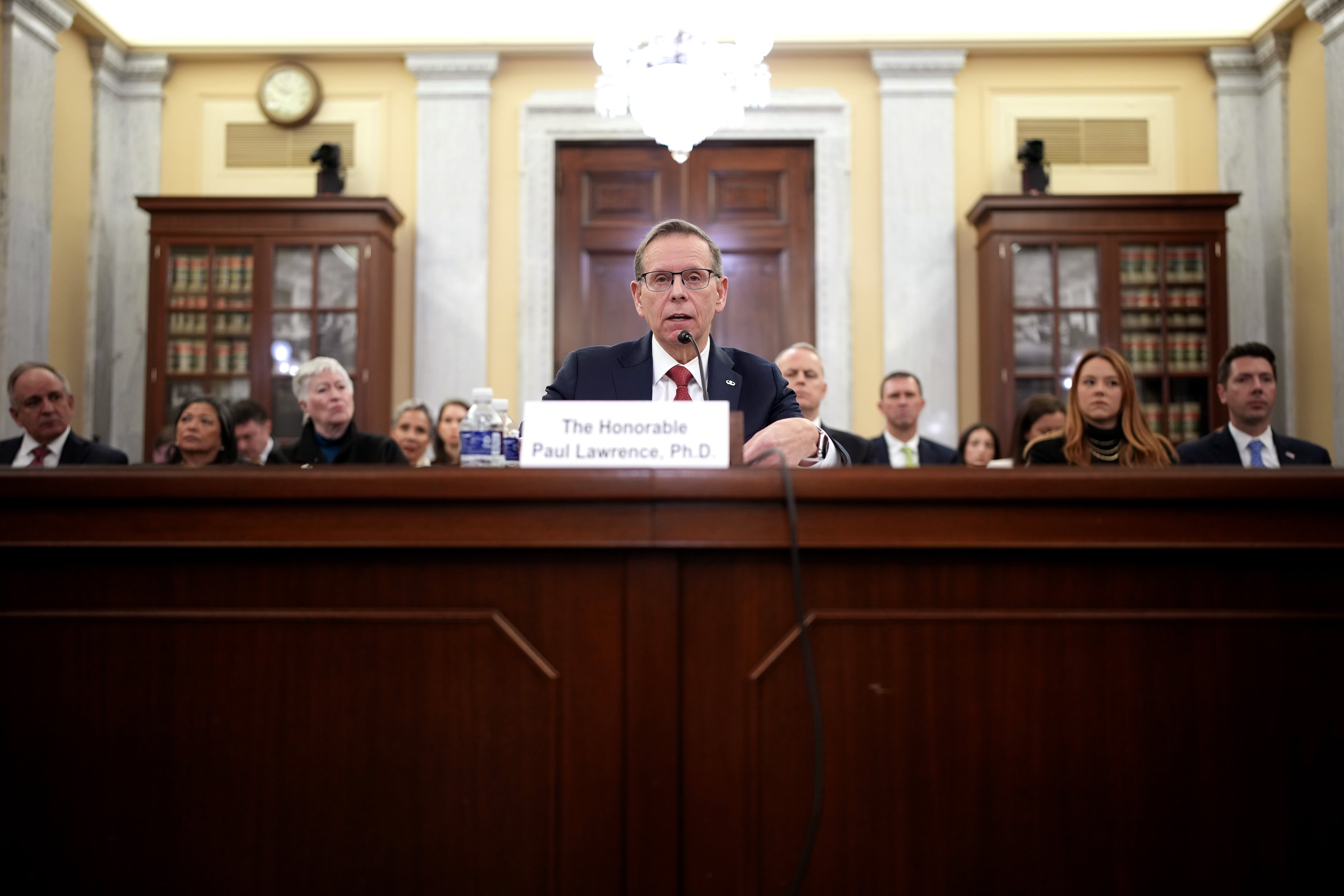VIENNA — The chief U.N. nuclear inspector on Monday rejected a ban by Iran's supreme leader blocking U.N. experts from seeing Iranian military sites or meeting with Iranian atomic scientists, deepening a confrontation with Tehran over how much openness the country must accept under any nuclear deal.
Tehran is now negotiating a deal with six world powers that puts long-term caps on its present nuclear activities. The International Atomic Energy Agency, led by Yukiya Amano, will monitor Iran's compliance with the deal.
The U.S. and its allies also say the IAEA must rule on whether or not Iran worked in the past on nuclear weapons before all sanctions imposed over Tehran's nuclear program can be lifted.
Iranian Supreme leader Ayatollah Ali Khamenei last month declared that "no inspection of any military site and interview with nuclear scientists will be allowed," and Iranian negotiators have since said Khamenei's ban is indisputable.
Amano, however, challenged that, saying Iran already has committed to permit "access to sites, documents (and) people" under a preliminary agreement that outlined components of the deal now being negotiated.
Coming just weeks ahead of a June 30 target date for a nuclear deal, Amano's comments were certain to further inflame the controversy between Iran and the international community over the degree of intrusiveness the nuclear agreement will give the IAEA.
Amano confirmed Monday his agency will not be able to deliver a ruling on the allegations of past weapons work in time for a deal. That means any nuclear agreement will likely keep some sanctions in place until the IAEA submits its findings.
Iran denies any work on — or interest in — nuclear weapons saying all its activities are meant for power generation and other peaceful applications.
Washington and others at the negotiating table with Iran insist that IAEA have pervasive access both to see if Iran is honoring restrictions on its present nuclear program and to rule on the suspected atomic arms work.
For nearly a decade, Tehran has steadfastly refused IAEA requests for visits to suspicious sites and interviews with individuals allegedly involved in secret weapons.
But Amano told reporters the same Iranian commitments to openness to allow the IAEA to monitor the restrictions on Tehran's present nuclear activities will help kick-start his attempts to sleuth out the alleged arms work.
"The agreement ... will facilitate the clarification of issues with a possible military dimension," he said.
Specifically, Iran agreed to implement what is known as the IAEA's "Additional Protocol" when it agreed in April to the outlines of the deal now being worked on. More than 100 countries have an Additional Protocol agreement that gives the IAEA greater purview of their nuclear activities.
Among other tools, the protocol gives IAEA experts the right to "ask for short-notice inspections or access to undeclared locations," Amano said.
He said the Additional Protocol means Iran will be under the magnifying glass for "years and years" to allow the agency to certify that all present nuclear activities are peaceful.
Iran's Mehr news agency, however, cited deputy Iranian nuclear chief Behrouz Kamalvandi as saying Monday that the Additional Protocol makes no reference to military sites and does not include questioning nuclear scientists.





